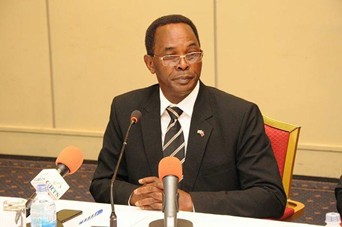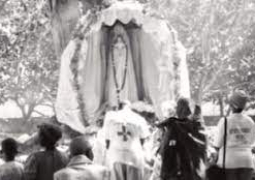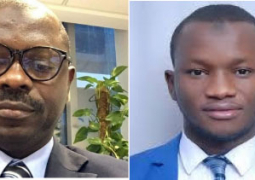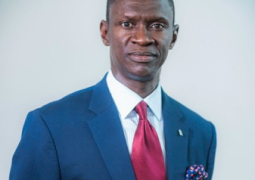
Commercialization of politics, overpoliticisation of the Nation, conflict of interest, official wrong-doings are the enemies of development in the country. These have great bearings on the running of the government and indeed tend to tarnish the image of the government and the country in the international environment. It is leading to unstoppable protests and political fabrications by the opposition some of which do not hold water in real terms. On the issue of a new constitution for example, the opposition cannot hold on to the 2020 CRC draft constitution because by all accounts, it discriminates HE President Barrow by stripping him of his executive powers. For effective governance, certain powers must remain with the President. The drafters failed to acknowledge that a constitution is both a legal and political document. However, the 2024 govt draft constitution has also over protected the executive. It showed the consolidation of power rather than the democratic requirements of governance. The contentious clauses of both documents could have been looked at for negotiations between stakeholders for a possible compromise on the way forward. The third republic cannot be ushered in without a new constitution. With all the sacrifices and spirit of the people to effect change of government in the 2016 elections, the country cannot now be in a mixed political system-democracy and dictatorship rule. The Nation must be decided on this excruciating political circumstances. The overpoliticisation of the constitutional issue harms the country and violates the rights of the citizens to good governance. Moving on however, in the light of the recent political tensions and street protests by Gambians on burning national issues which are well known to all at home and in the international environment, it is politically expedient for HE the President to recognize that government is collective responsibility and that he cannot be the sacrificial lamb for political accountability on the issues that Gambians are protesting about in the streets. The need therefore, for a big and determined political shakeup in the system of governance cannot be overemphasized. The country must be in the moment of dissolving the entire Cabinet and to flush out all those officials who have failed the people and brought shame to the Nation. In this connection, only those who will add value to the vision and development agenda of the President should be recalled to government. This move is in the supreme interest of the Nation and the Presidency. The good legacy of the President in bringing democracy and development to the country must remain intact. The era of MUSLAHA must give way to consequences in governance for wrong doings and poor performance of sectors by public officials and institutions. It will be a patriotic duty and loyalty for those closed to the executive to proffer this governance advice in the public interest.
The Local Councils that have evidently engaged in the looting of the resources of tax payers cannot be sidelined in the scheme of the national discourse on corruption. They should equally be held accountable and politically exposed in the public domain.
It is hard to stop the political noises of some Parties on every shortcomings of the government which sometimes send wrong signals in the democratic process. The Directorate of Press and Public Relations and Information Ministry should necessarily collaborate to ensure the right messages on government policies and pronouncements are on the same page to avoid mixed communication. This will minimize political fabrications and misunderstanding in the public space.
The demand of the hour is a political revolution that will end the country’s crisis moments and that will open a new chapter in democratic dispensation for the rest of 2025 and in 2026. This becomes an indisputable prerequisite in sustainable democracy, peace and development in the country. The limits of political tolerance are based on the objective reality of the state of the nation in recent times, and on the need for executive action in accordance with the wishes and aspirations of Gambians and for the maintenance of peace, security and political stability in the country.
Read Other Articles In Opinion




